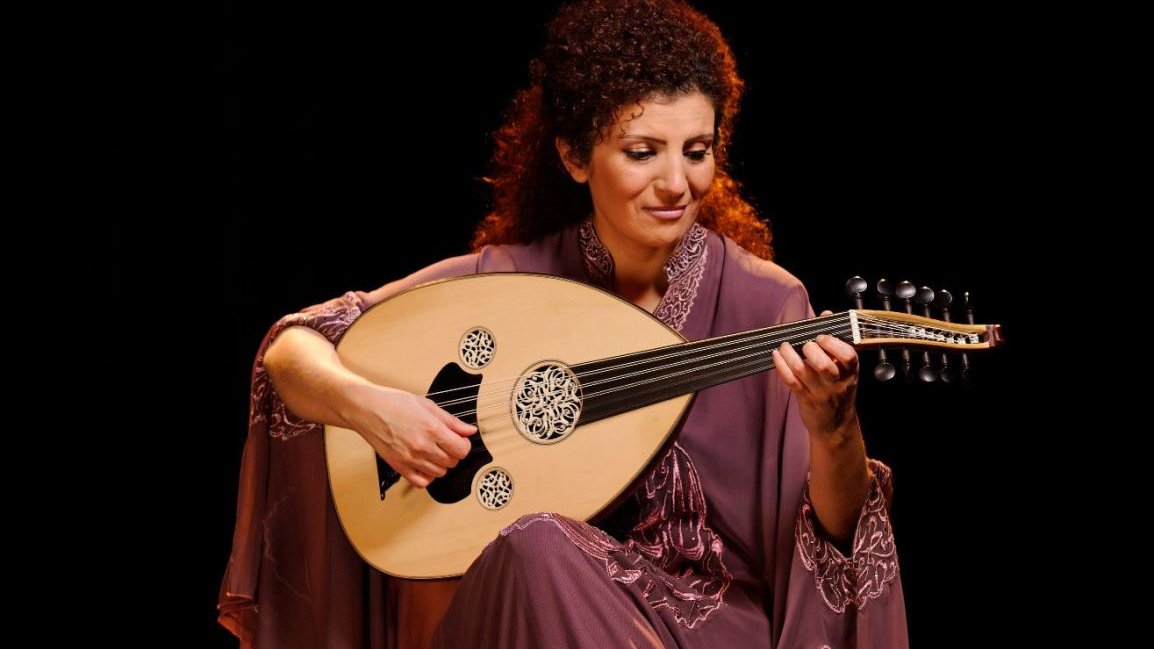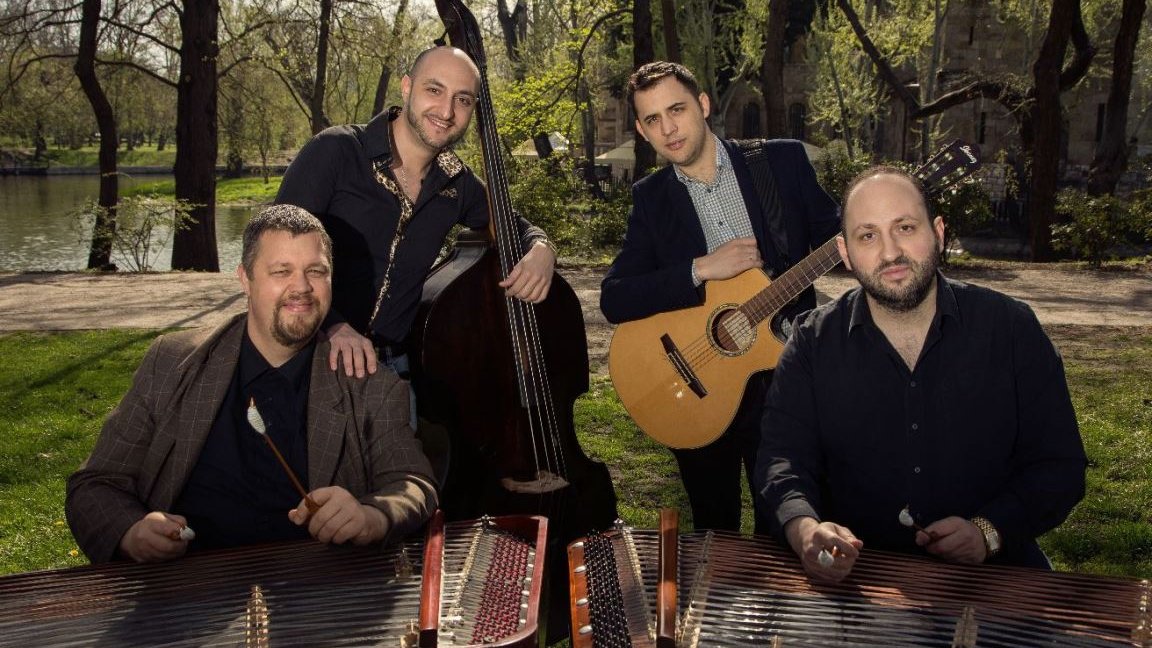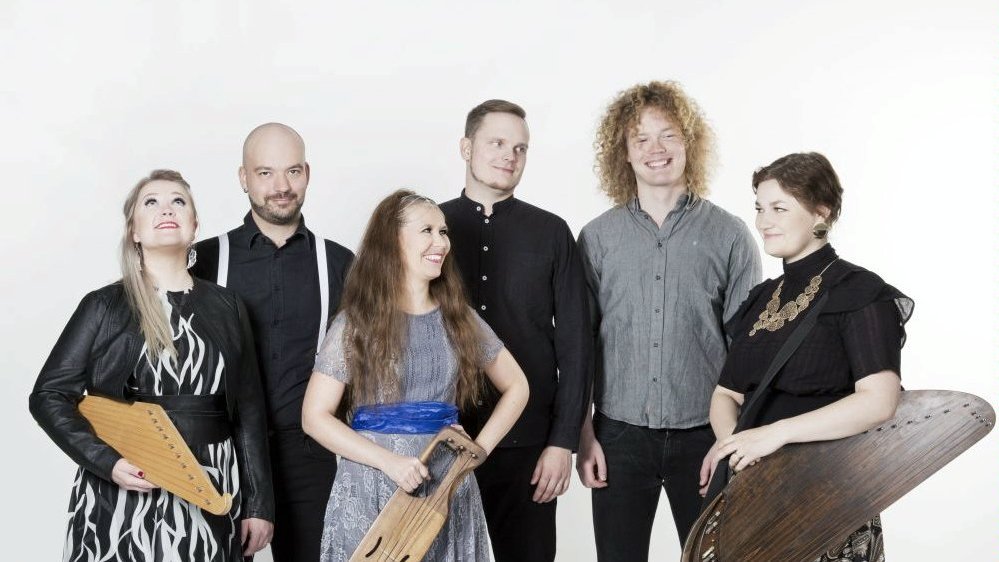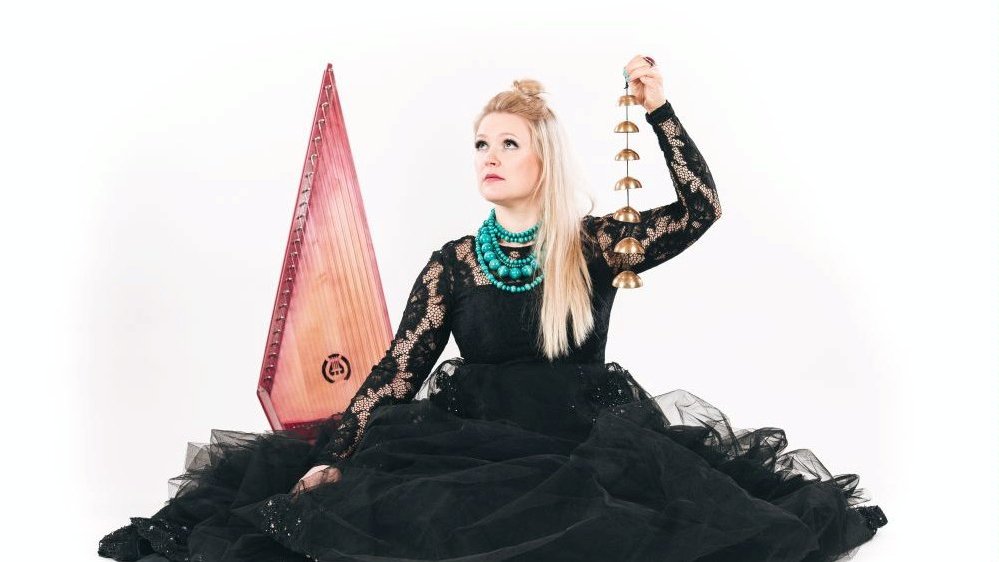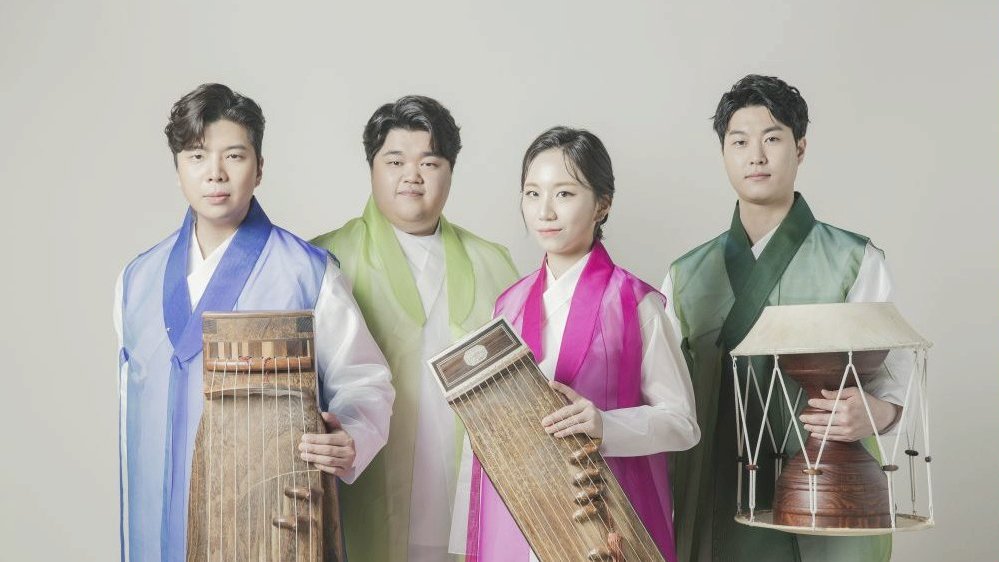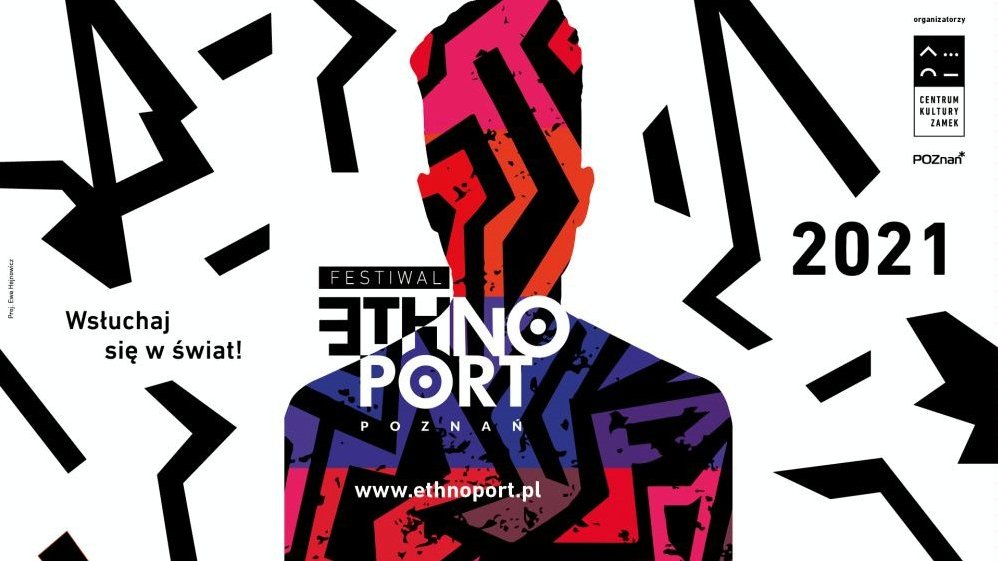A world music kaleidoscope
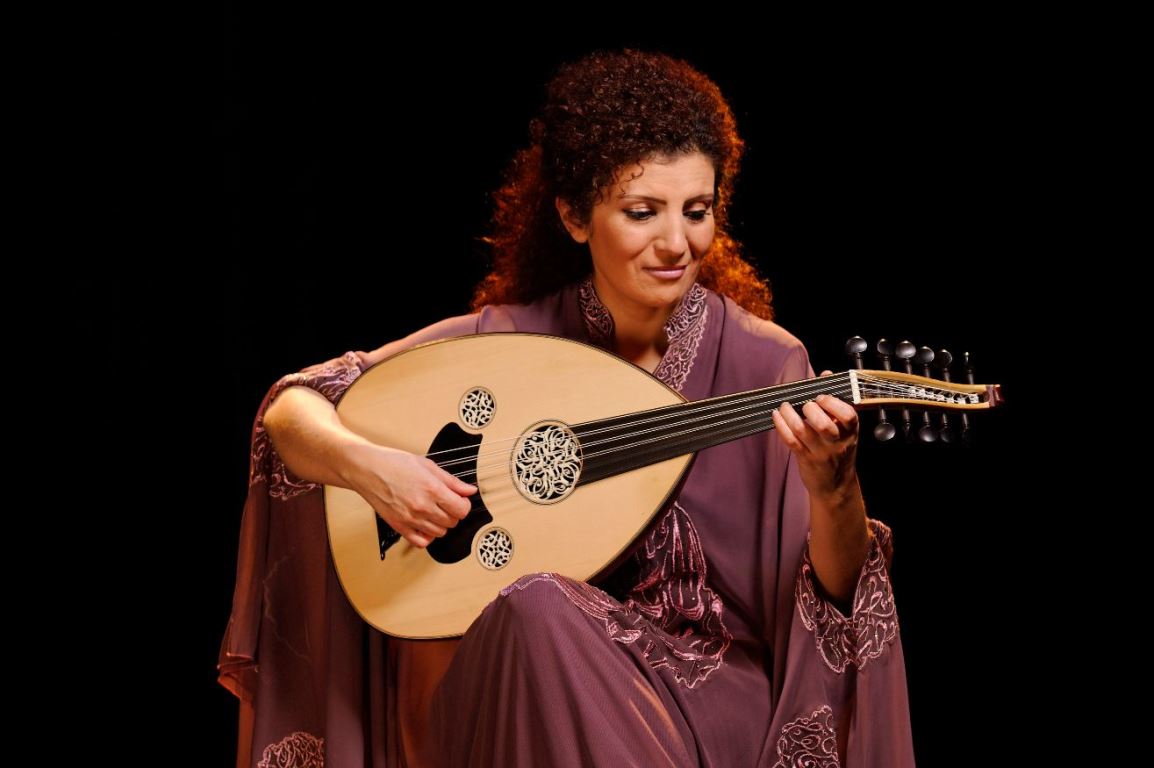
Last year, due to Covid-related travel restrictions, the festival featured magnificent Polish bands, which delighted the audiences. This year, the organisers are preparing a kaleidoscope of musicians from around the world. Their hope is that artists from Africa, Asia and Europe will manage to make it to Poznań without too much trouble.
The first to appear on the festival's two stages in the first weekend of September (3-5.09) are Maija Kauhanen (Finland), Waed Bouhassoun (Syria), Super Parquet (France), Yegor Zabelov (Belarus), Wernyhora (Poland), Masar (Switzerland/France), Okra Playground (Finland), Trio da Kali (Mali), Zawierucha (Poland), Cimbalom Brothers (Hungary), The Sero (Korea) and Adams & Durante (UK/Italy).
Friday afternoon will be kicked off by Maija Kauhanen, subject to possible changes to the programme, as announced by the organisers. Maija blends traditional Nordic folk with a variety of other genres ranging from Finnish epics to ambitious pop to experimental electronic music. She plays the kantele: a zither-like stringed instrument that the Finns hold to be a musical symbol of their culture and as a centrepiece of their identity.
Next up is Waed Bouhassoun, a Syrian singer who plays the ud (also known as the Arabic lute - editor's note). Her mystical sound embodies the rich cultural history of Syria.
Super Parquet, a quartet from Auvergne, comes from a region of France known for its rich musical tradition. The band translate the characteristic baroque narrative of French folklore into contemporary language. Although rooted in local versions of popular French dance pieces, their musical interpretations transport audiences from a baroque court to the land of electronic trance.
Saturday afternoon is set to commence with a performance by Yegor Zabelov, an accordionist from Belarus. In his search for new musical solutions, he interweaves Belarusian folklore with punk, rock, electronic music and even jazz. His performances offer insights into the many dimensions of his personal world of music.
A perfect complement to Zabelov's performance is the work of the Polish band Wernyhora. Wernyhora boldly delivers a raw version of the music of the Boyko, Lemko and Hutsul ethnic groups while offering their own take on the musical culture of Eastern Carpathian shepherds. Wernyhora's musicians have combed through the vast archives and depositories of materials of Oskar Kolberg to revive forgotten songs of Ruthenian-Ukrainian origin.
The French-Swiss band Masar, in its turn, offers a cultural mix of musical inspirations, a meeting of instrument virtuosos who combine a passion for ornamenting beautiful Middle Eastern melodies with sound experimentation.
Another performer on that day is Okra Playground, a Finnish band experimenting with the Nordic tradition. The artists reinterpret it by adding new space in which they lose themselves fully. Their work expresses the harshness and mystery of the North with a great deal of joy, splendour and dance rapture added for good measure.
The music of the band Trio da Kali carries the scent of the savannah, the chirping of crickets emanating through hot air and the smell of the Niger River. The musicians are inspired by the traditions and beliefs of the Mande people, the rulers of the mighty empire of Mali, which in the Middle Ages spread across nearly all of West Africa. The artists spin amazing stories from ancient songs, embellished with the sounds of traditional African instruments: the balafon (xylophone) and the bass ngoni (lute).
Zawierucha will open Sunday, Ethno Port festival's last day this year. The band's repertoire goes back to traditional folk music, as played by old musical masters from the Mazovia (Mazowsze), Kuyavia (Kujawy) and Greater Poland (Wielkopolska) regions of Poland. The music makes you dance to the rhythm of a sentimental Kujawiak, a trance-like Oberek or a lively Polka. In a perfect complement to Zawierucha's appearance, we will hear a concert by the Cimbalom Brothers quartet, whose choice of instruments (double bass, guitar, cymbals) is a variation on the traditional instrument combination used by Hungarian gypsies. Cimbalom Brothers borrow their tunes from the masters of cimbalom (the Hungarian dulcimer). They compose and arrange their own pieces by drawing on dance music repertoires from all of Hungary. Charged with incredible energy, their music is also insanely fast and fiery.
The Hungarians will be followed by the Sero, visiting from Korea. In Korean Buddhism, the band's name signifies a path through life along which a person's past, present and future undergo three transformations. In their compositions, the band's members employ old singing techniques to the accompaniment of traditional Korean instruments.
The Adams & Durante duo, in their turn, is where the Italian temperament meets the British bent for discovery. Mauro Durante has invited Justin Adams to travel his musical microworld, which the Briton saw as an opportunity to experiment with various forms of the tarantella. In their work, trance-like rhythms of Italian folk dance music meet guitar riffs inspired by rock, boogie and blues.
The festival's programme additionally features film screenings, meetings on climate change, workshops held by the artists who appear in the festival, photography exhibitions and classes for children: the Little Ethno.
Katarzyna Nowicka
translation: Krzysztof Kotkowski
- Ethno Port Festival 2021
- Zamek (Castle) Cultural Centre
- September 3-5
- admission: PLN 160 (3-day pass)
© Wydawnictwo Miejskie Posnania 2021
See more

From One Celebration to Another

Christmas Markets and Fairs with Attractions

Truly Festive Vibes

